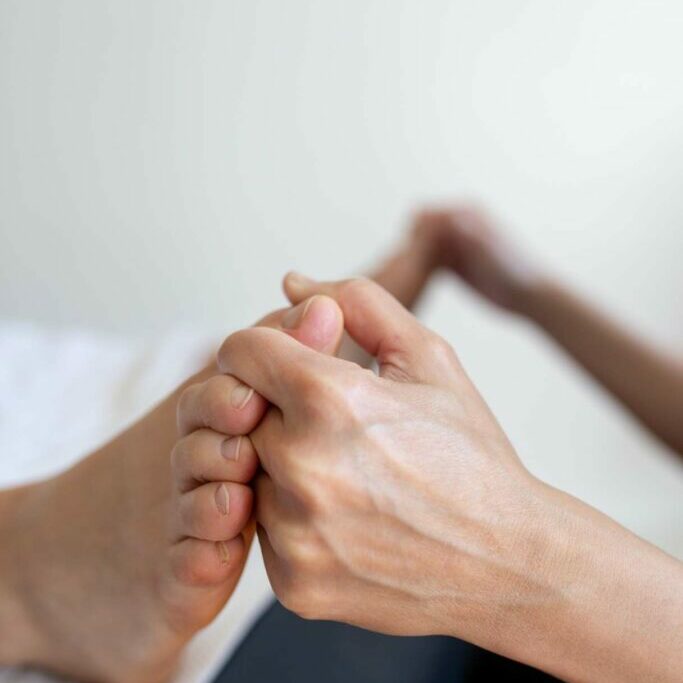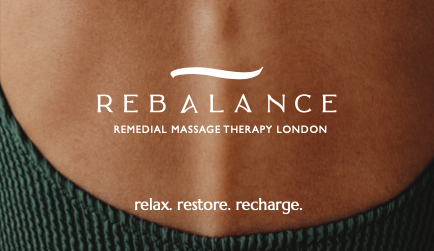
How can reflexology support your health?
My journey with reflexology went from the “scepticism and doubt” stage to a raving fan. I don’t mind confessing that when I decided to enrol in training, my decision was purely practical. (I’d had back surgery, so I needed to complement my massage practice with a therapy that was less hard on my body) and well-thought-out business decision (reflexology is after massage therapy, the most sought-after holistic therapy in the UK). But I was soon to find out, through my one hundred case studies first, and my clients after, that it does work.
I am a pragmatic person, away from the woo-woo approach of many holistic therapists, all about light and fairies (I do believe in energy, less so in fairies), and I naturally want to know the physiological intricacies of what I do. The research regarding reflexology is a collection of randomized controlled trials showing a cause-and-effect relationship between an intervention and its outcome. The most significant effort to prove its validity is being undertaken by Kevin Kunz, practitioner, educator and lecturer collaborating with the University of Minnesota to collect MRI images from patients receiving reflexology. They have collected a large amount of data so far, and it will take at least one year (and more financial effort) to have it decoded.
Do I believe something must be scientifically proven and measurable to be valid? No. Many therapies I have received don’t have a scientific explanation or measurable predictable outcomes, but they worked for me, like Scarwork, acupuncture, and aromatherapy. Also, not all phenomena are studied scientifically, so until then, what do we do?
It is all about understanding the limits, referring clients to the right health practitioner when there is a red flag, or what I consider a more valid approach to the problem they present with, and managing expectations. I encourage you to try. I can guarantee you that there isn’t anything to lose from it.
Now, back to the core of this article. How is reflexology believed to work?
- It reduces stress. You might have heard this repeatedly and dismissed it as a negligible fact. If we deeply understand the impact of stress on the body, it would be enough to get regular reflexology treatments. Stress (and the chain of hormonal responses resulting from it) hinders any healthy physiological process in our body: it slows down digestion, alters the microbiome, disrupts the cardiovascular system, worsens immune response, speeds up ageing, and disrupts hormonal homeostasis (impacting mood, energy levels, mental and reproductive health). You can watch this video to fully understand what stress does to you.
- It stimulates nerve impulses and nerve supply. Our nervous system is a complex and very intricate network in constant communication. By applying pressure to the reflex points, signals travel through the nervous pathways corresponding to specific body parts. According to Carol Samuel, “current opinion suggests reflexology works on the neurological system through the release of endogenous opioids,” thus playing a role in pain reduction and management.
- It improves circulation. Every organ, tissue, and cell of our body needs blood to function. Blood brings oxygen and nutrients, vital to maintaining function, repairing damage, and healing. By improving blood and lymphatic circulation, reflexology assists in removing waste products and inflammatory substances, helping to reduce inflammation and pain and promoting the healing process.
Can reflexology support your health? Absolutely. Have you ever had reflexology and experienced health benefits not mentioned above? If so, please share them with me in the comments below.
_________________________________________________________________________________________
SIGN UP TO MY NEWSLETTER
Sign up for my bi-monthly Newsletter to journey into wellbeing and the world and holistic therapies. You will receive news about my services, tips for low-tox living, and reflections on life and how we can achieve a better state of wellbeing despite the many challenges we are presented with in this hectic world.
If you’d like to join me in this journey, share your name and email address below
(oh, and you also get 10% off your first booking with me!)




